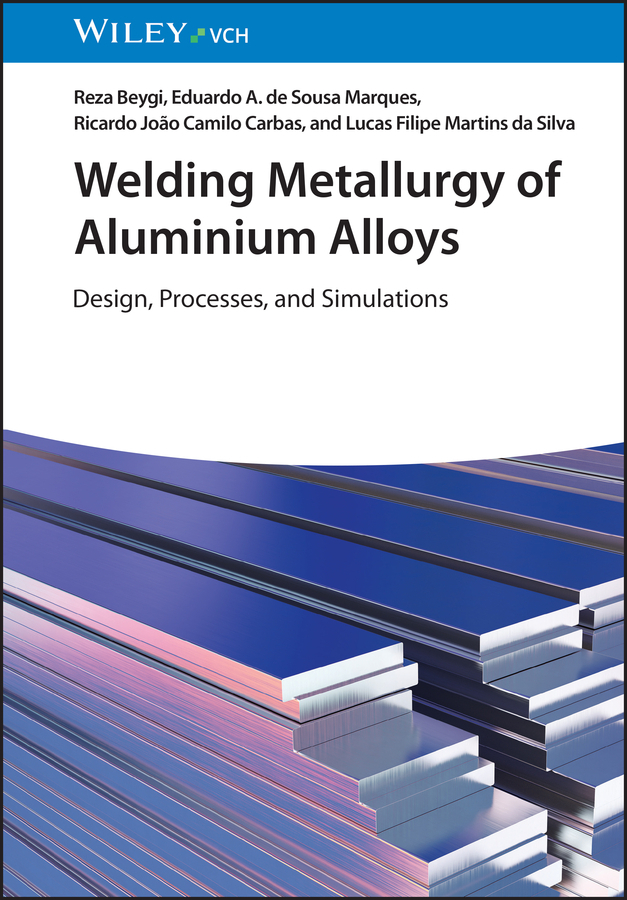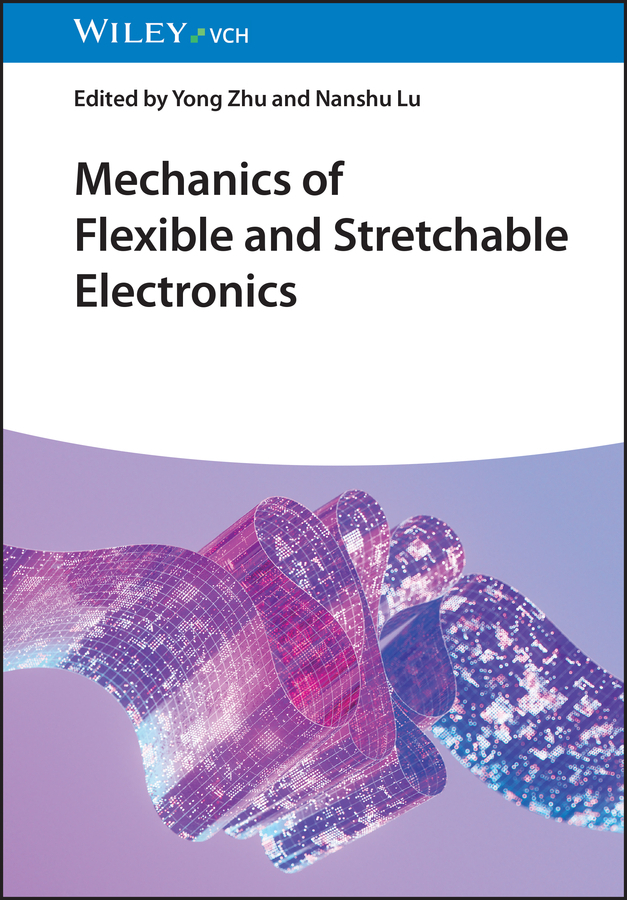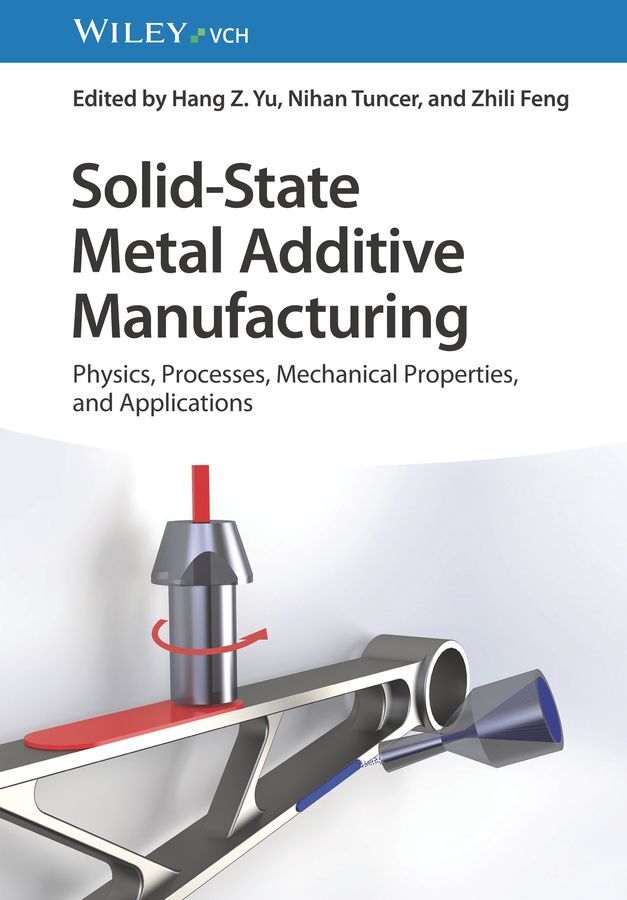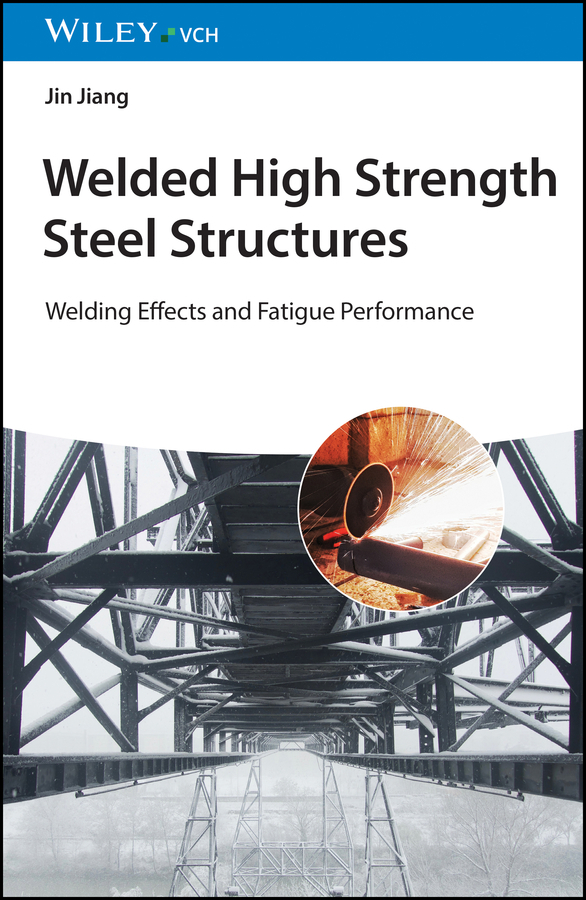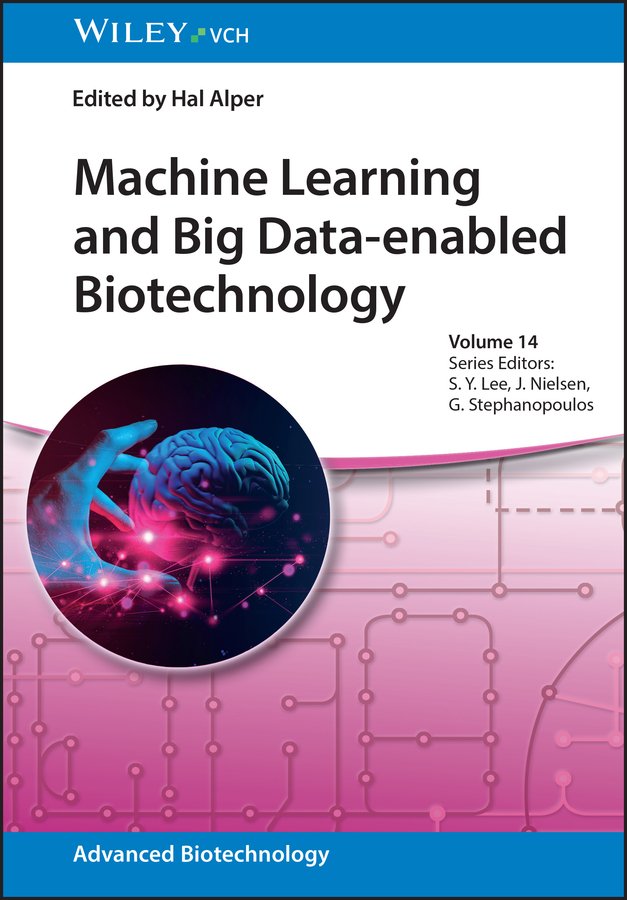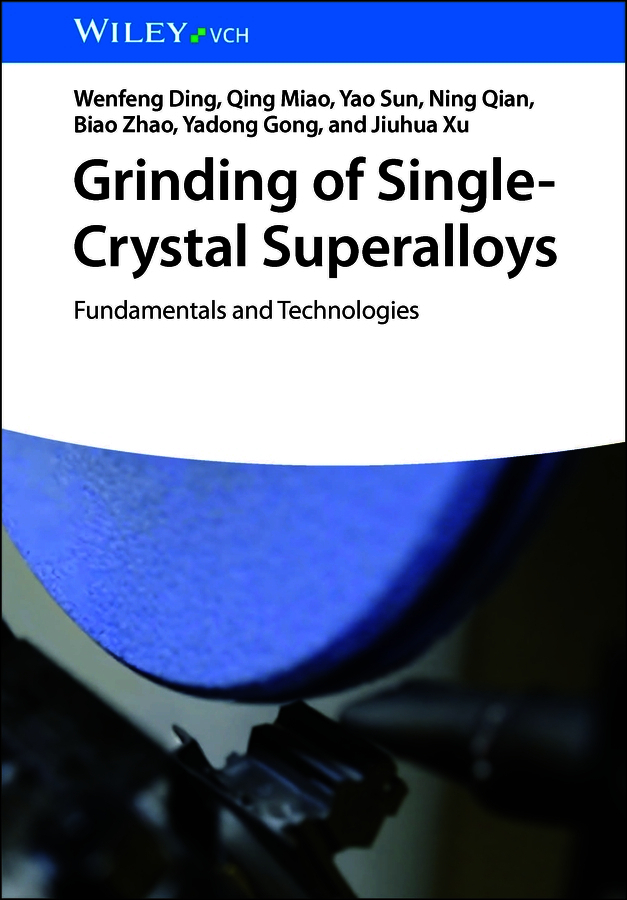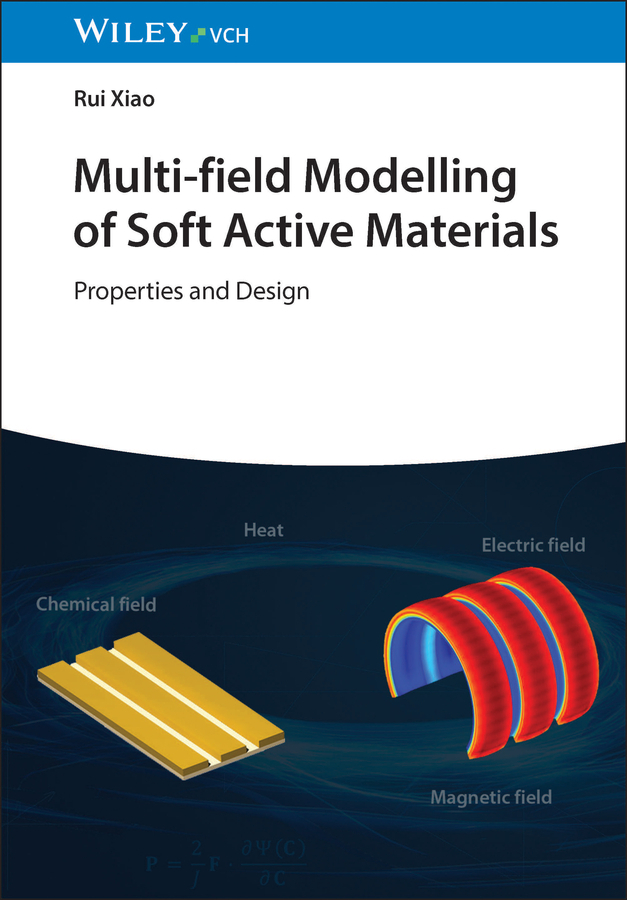Constitutive Models of Solid Materials
From Mechanical Principles to Engineering Applications
Constitutive Models of Solid Materials
From Mechanical Principles to Engineering Applications
Covers a wide range of essential concepts and skills, from continuum mechanics to advanced constitutive modeling, addressing the needs of both academics and professionals.
Chapter 01 Overview of Continuum Mechanics
Chapter 01 Overview of Continuum Mechanics
Chapter 02 Fundamentals of Elasticity Theory
Chapter 03 Plastic Constitutive Theory
Chapter 04 Damage constitutive principles and methods
Chapter 05 Basics of Micromechanics
Chapter 06 Numerical Implementation of Constitutive Relations
Chapter 07 Artificial Intelligence in Constitutive Research
Chapter 08 Tensile Creep Failure Mechanism and Theoretical
Chapter 09 Unified creep-plasticity model for high strength steel and solder alloys
Chapter 10 A multiscale framework for the constitutive modeling of rock
Chapter 11Development of a high temperature constitutive model for concrete based on elastoplastic theory
Yao, Yao
Fang, Hu
Guo, Hongcun
Zeng, Tao
He, Xu
| ISBN | 9783527355532 |
|---|---|
| Medientyp | Buch |
| Auflage | 1. Auflage |
| Copyrightjahr | 2026 |
| Verlag | Wiley-VCH GmbH Boschstrasse 12|69469|Weinheim|DE |
| Umfang | 336 Seiten |
| Sprache | Englisch |




